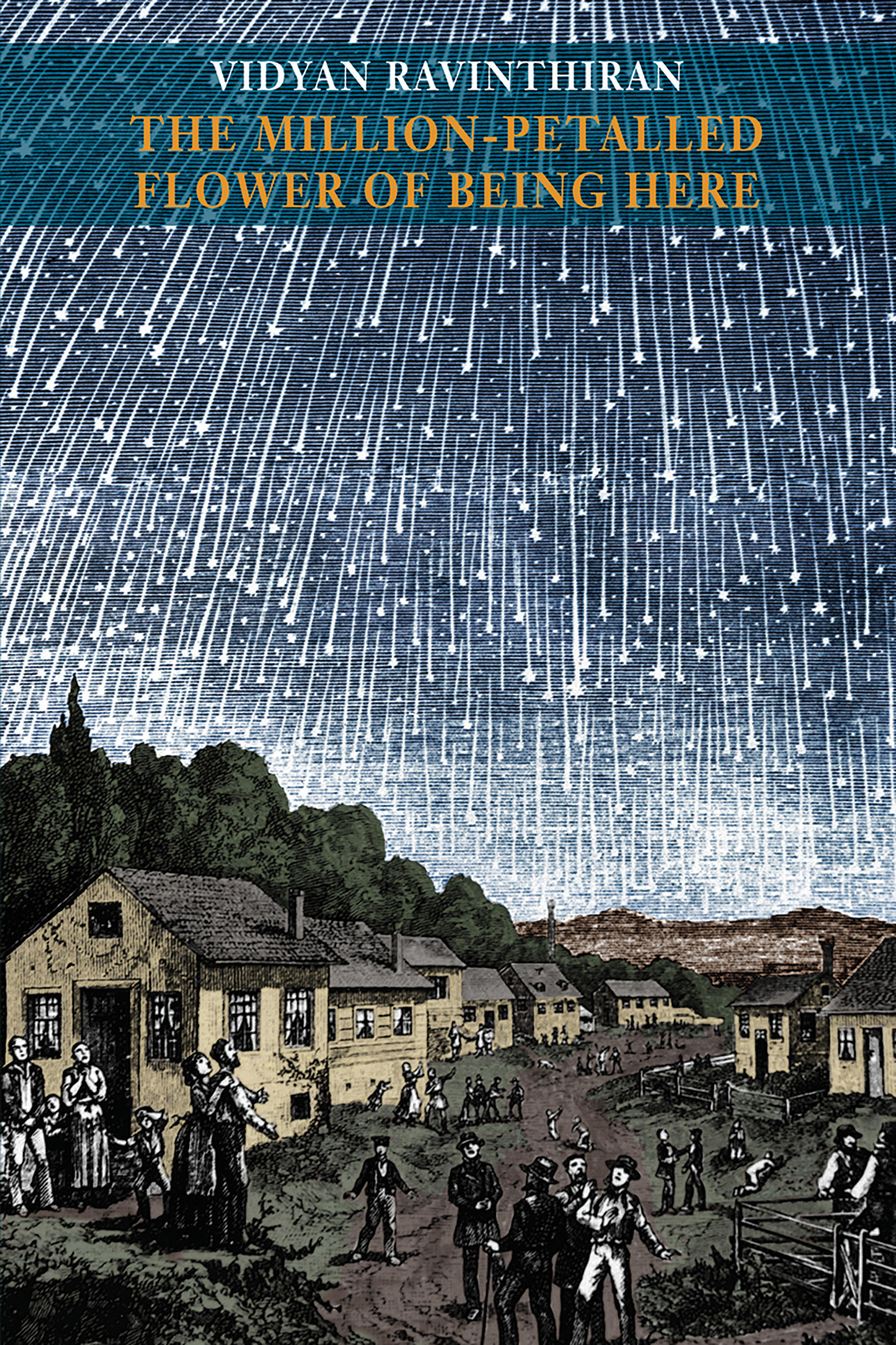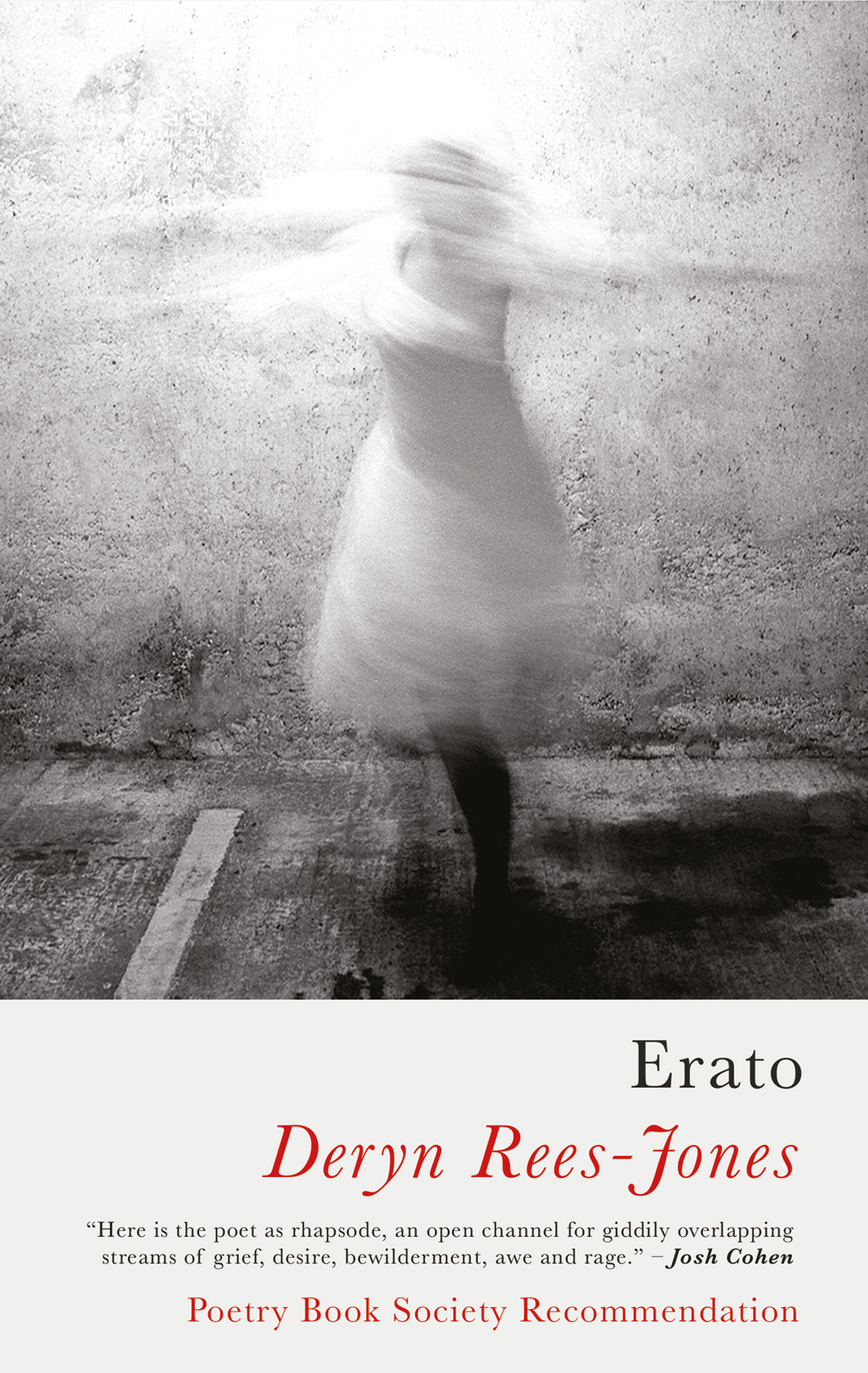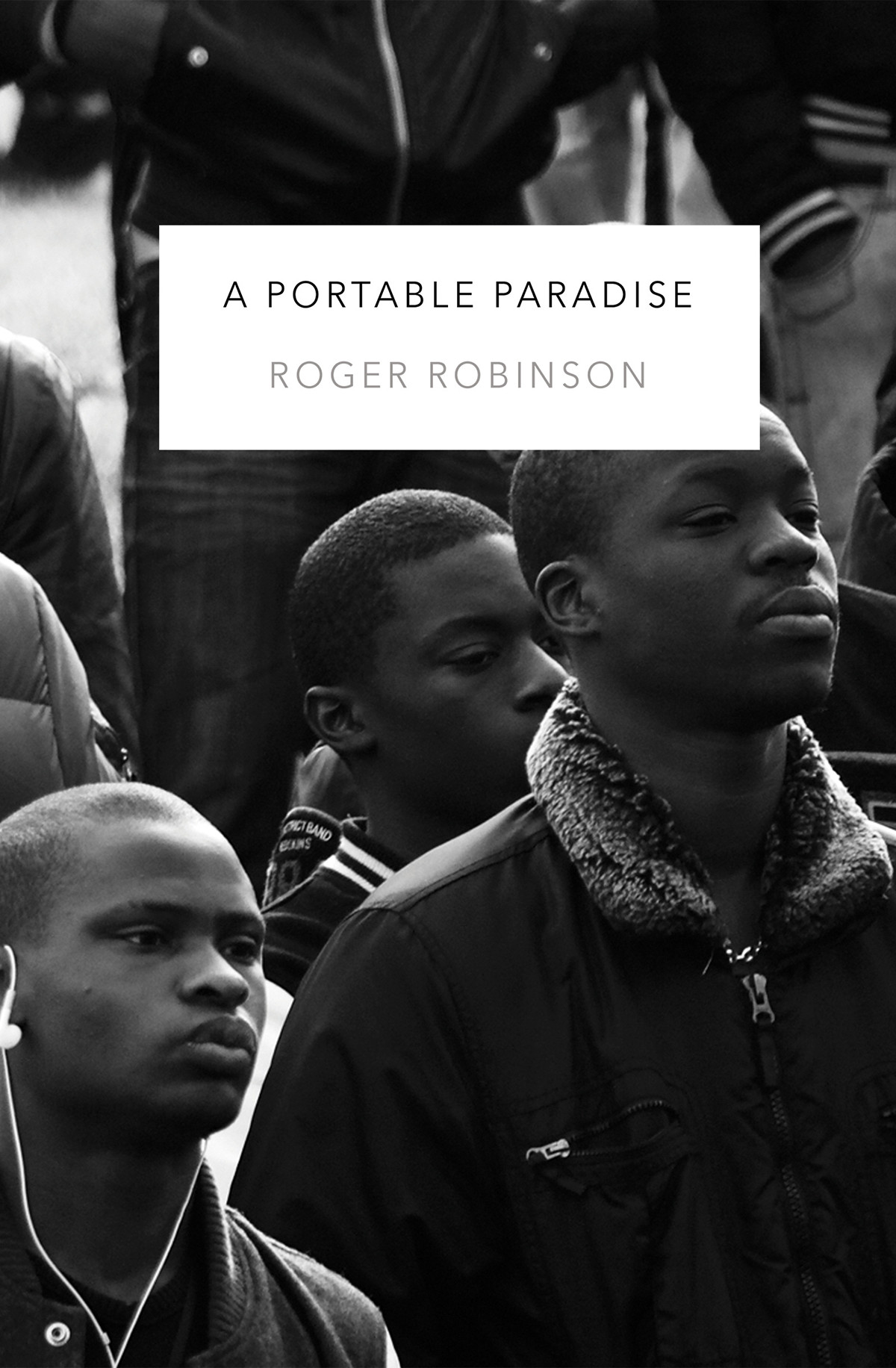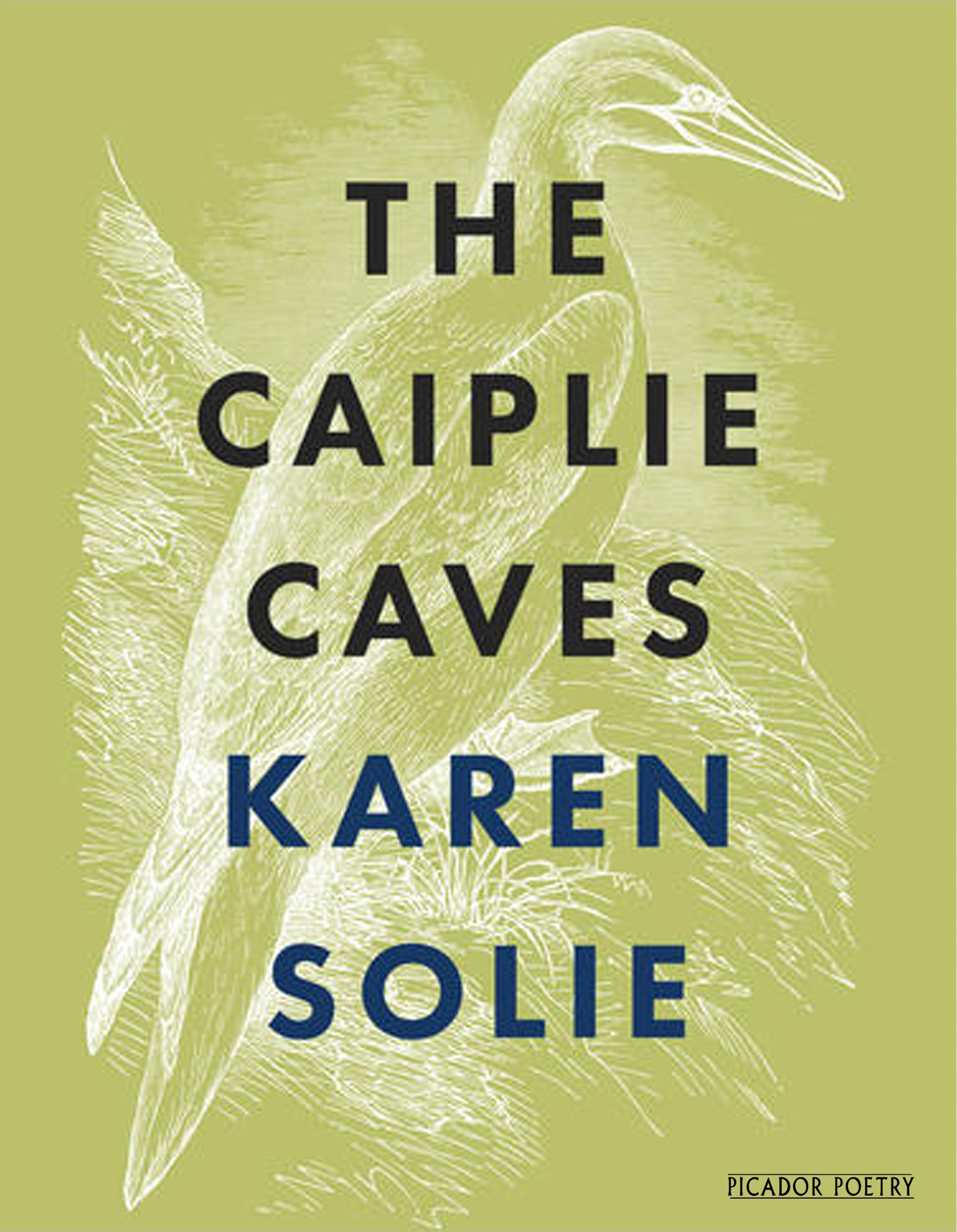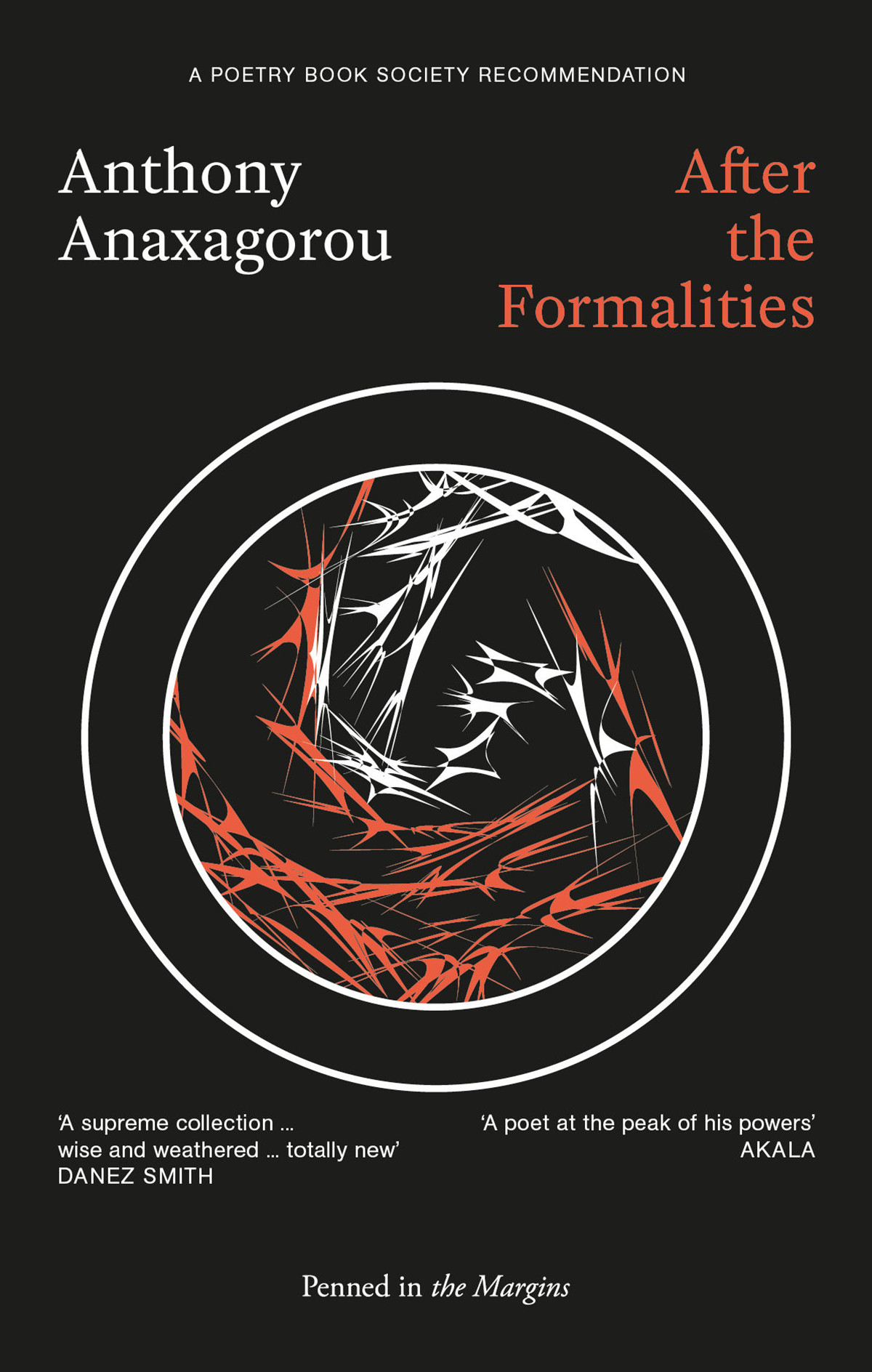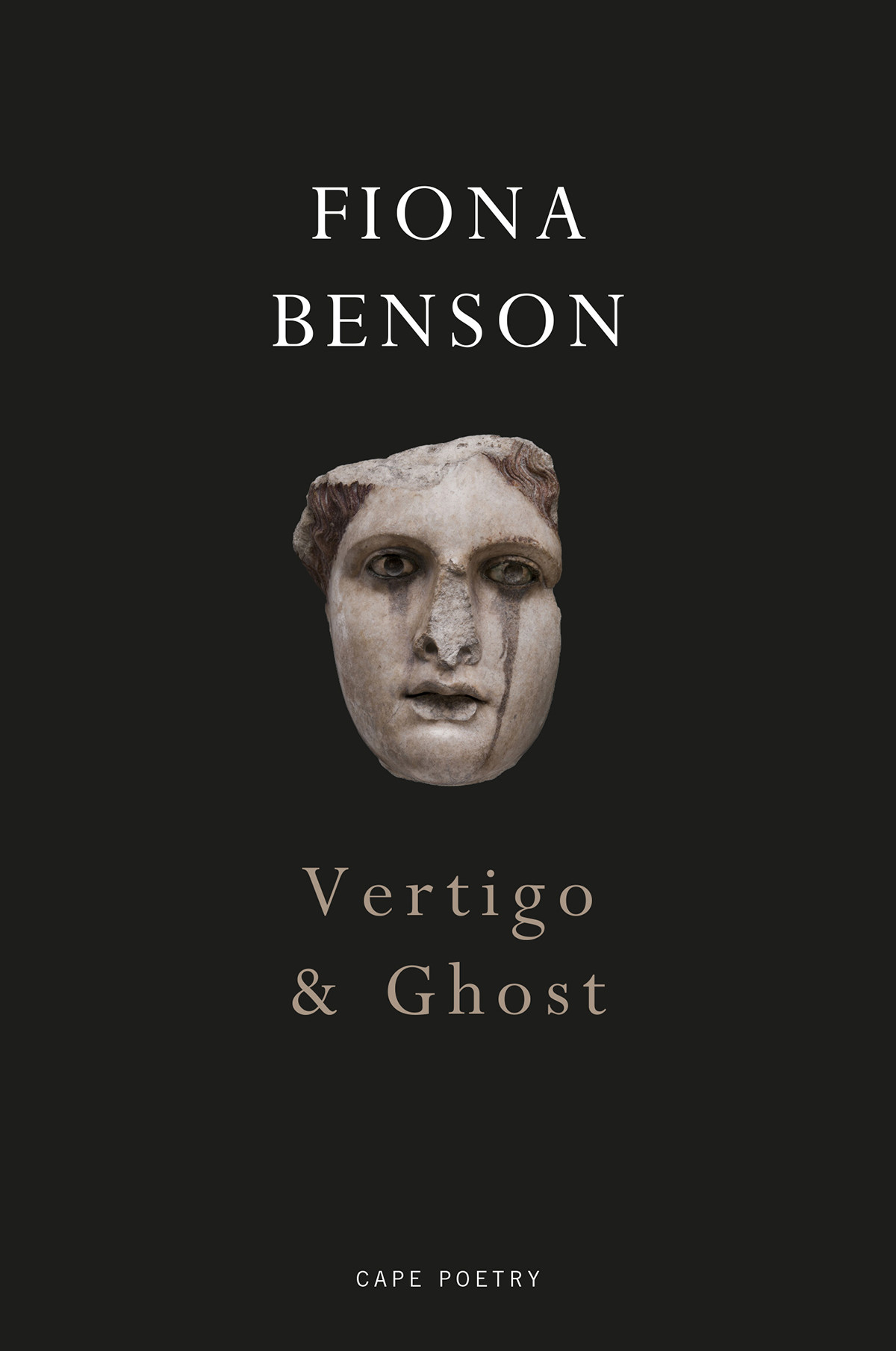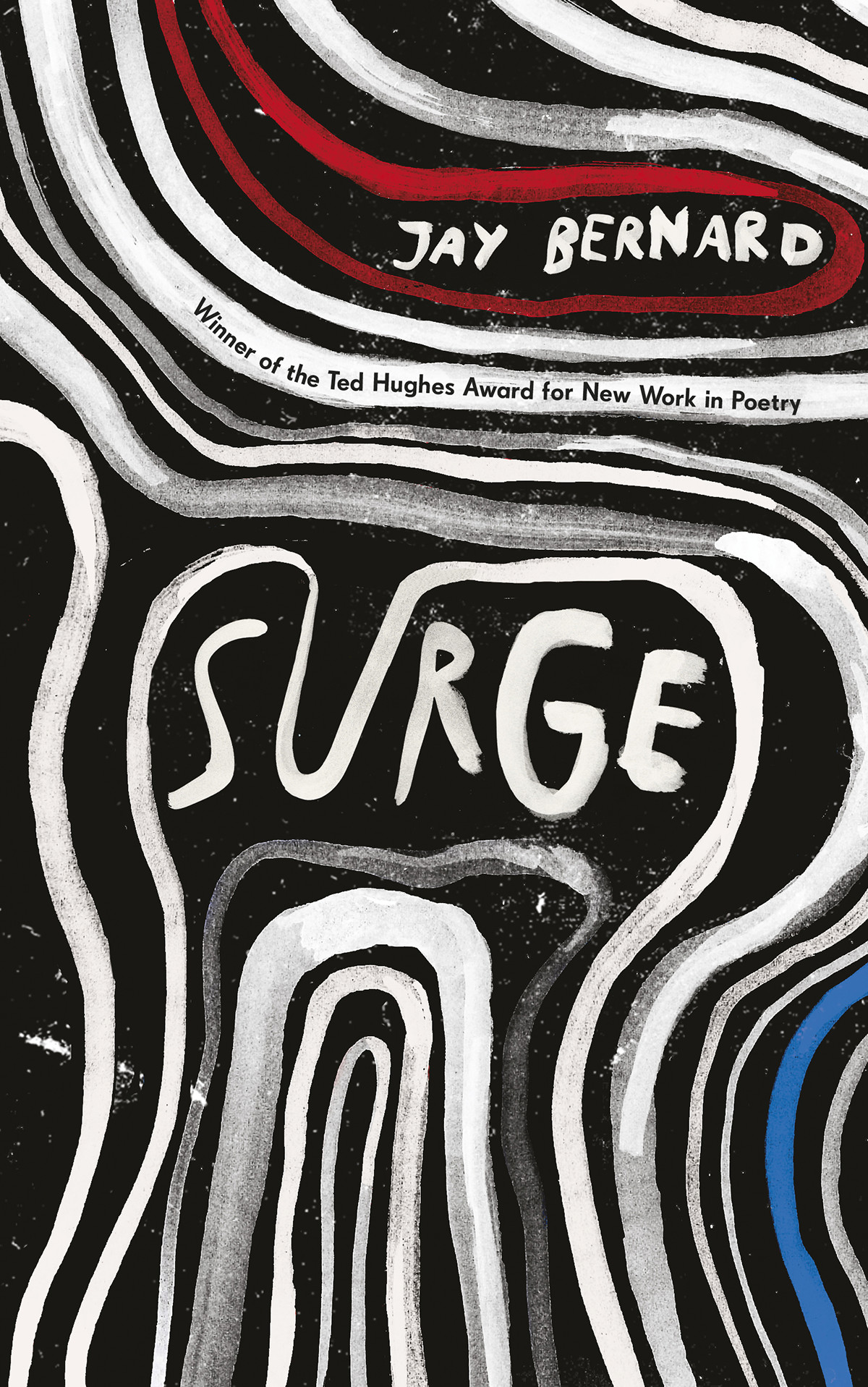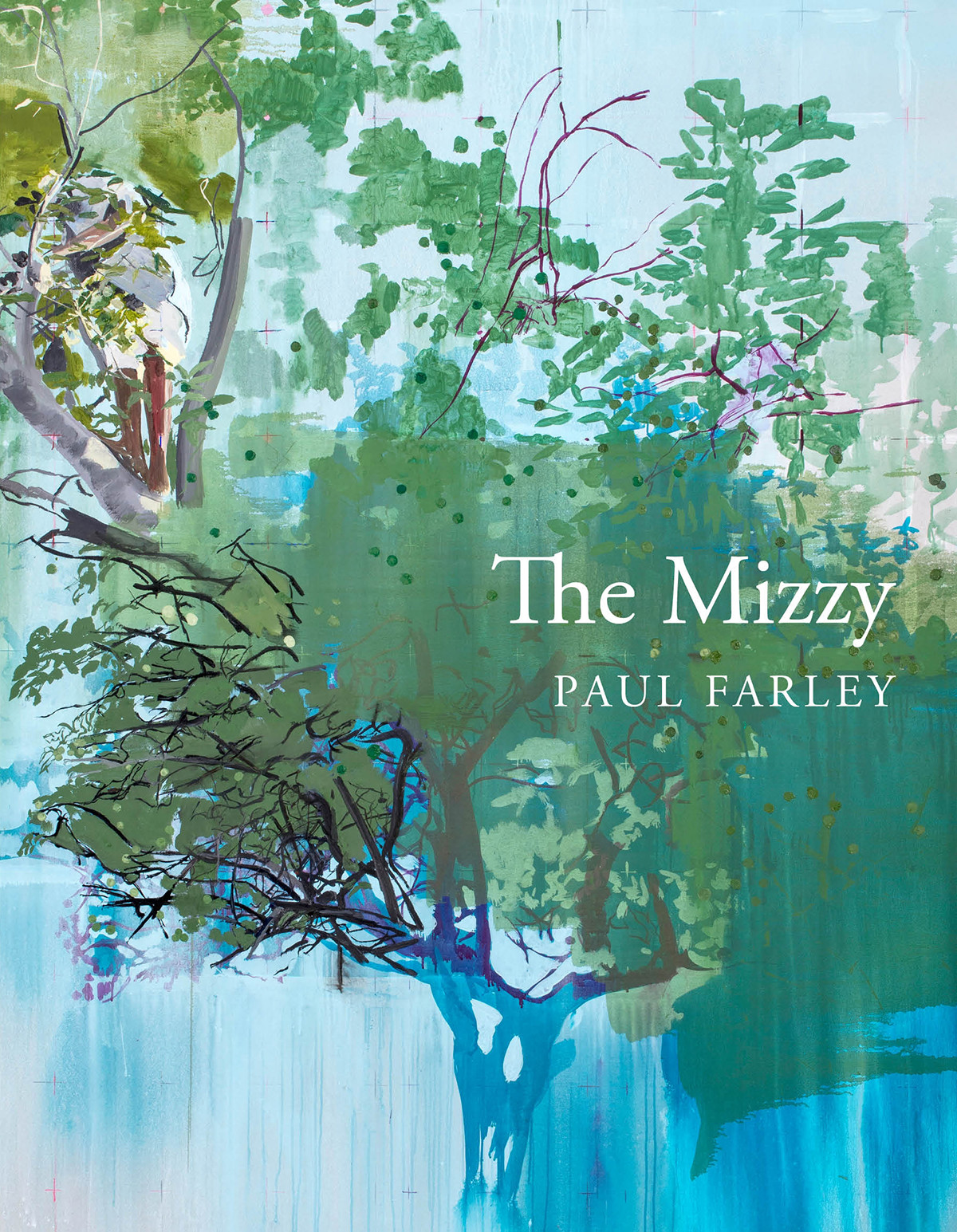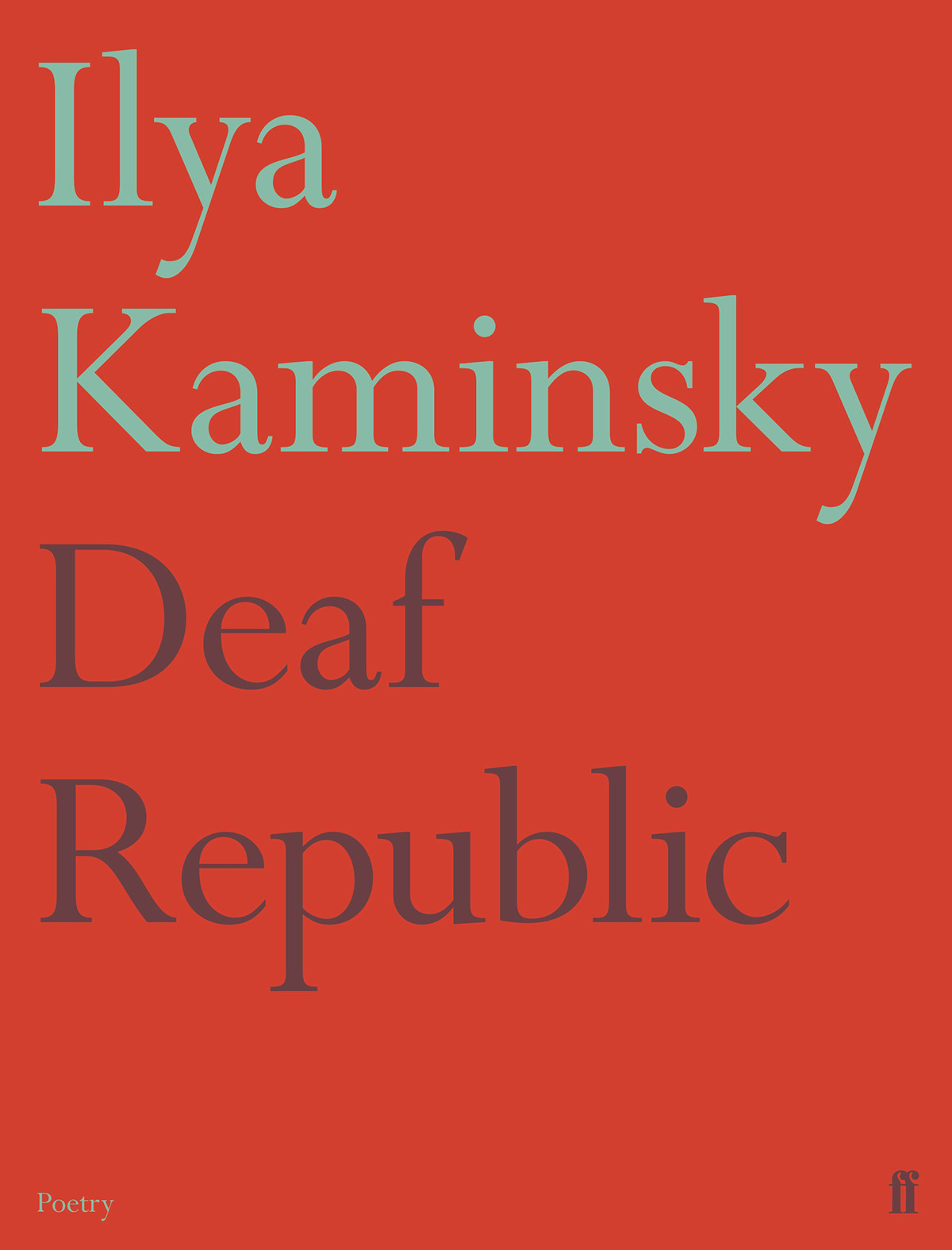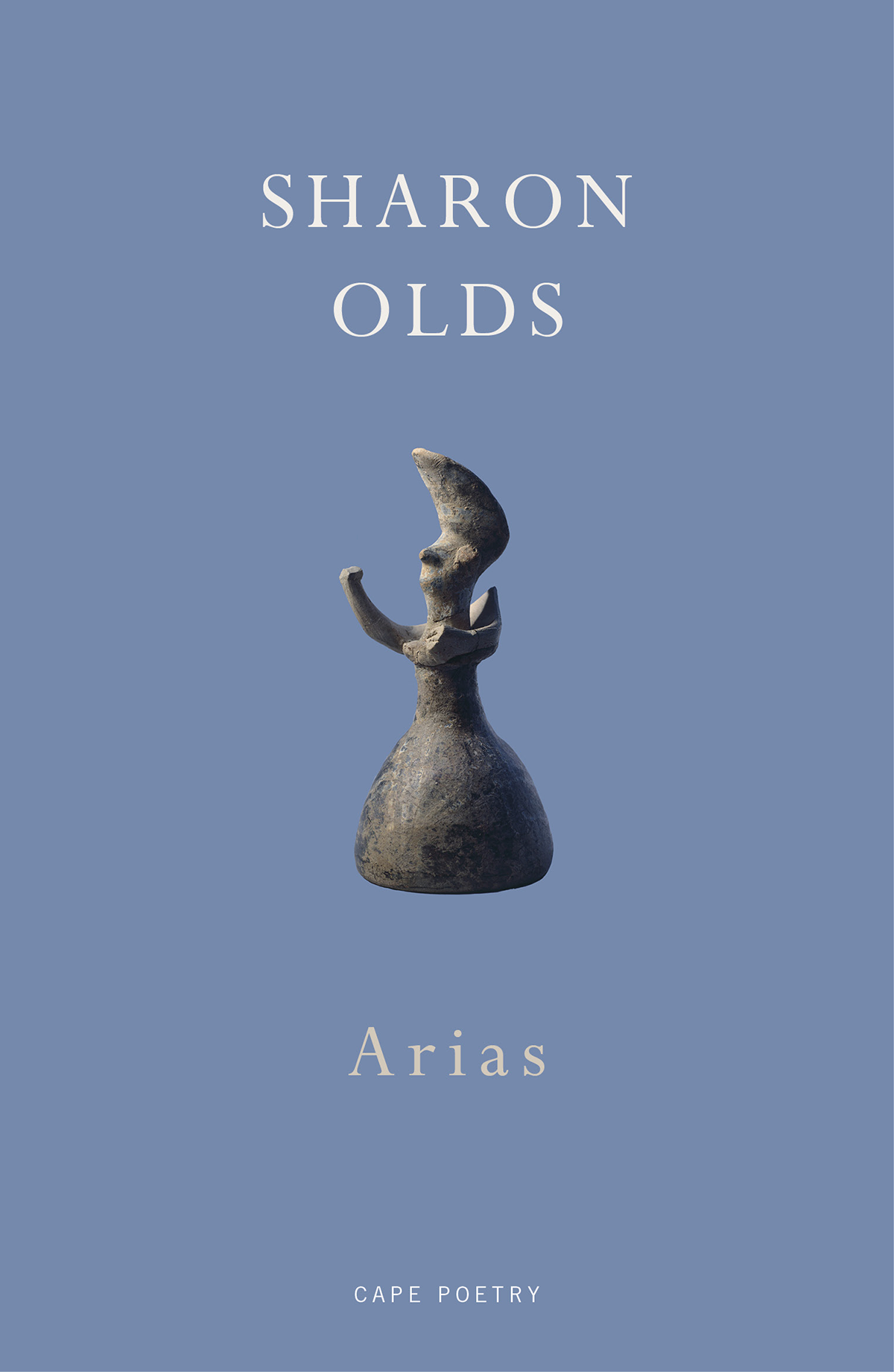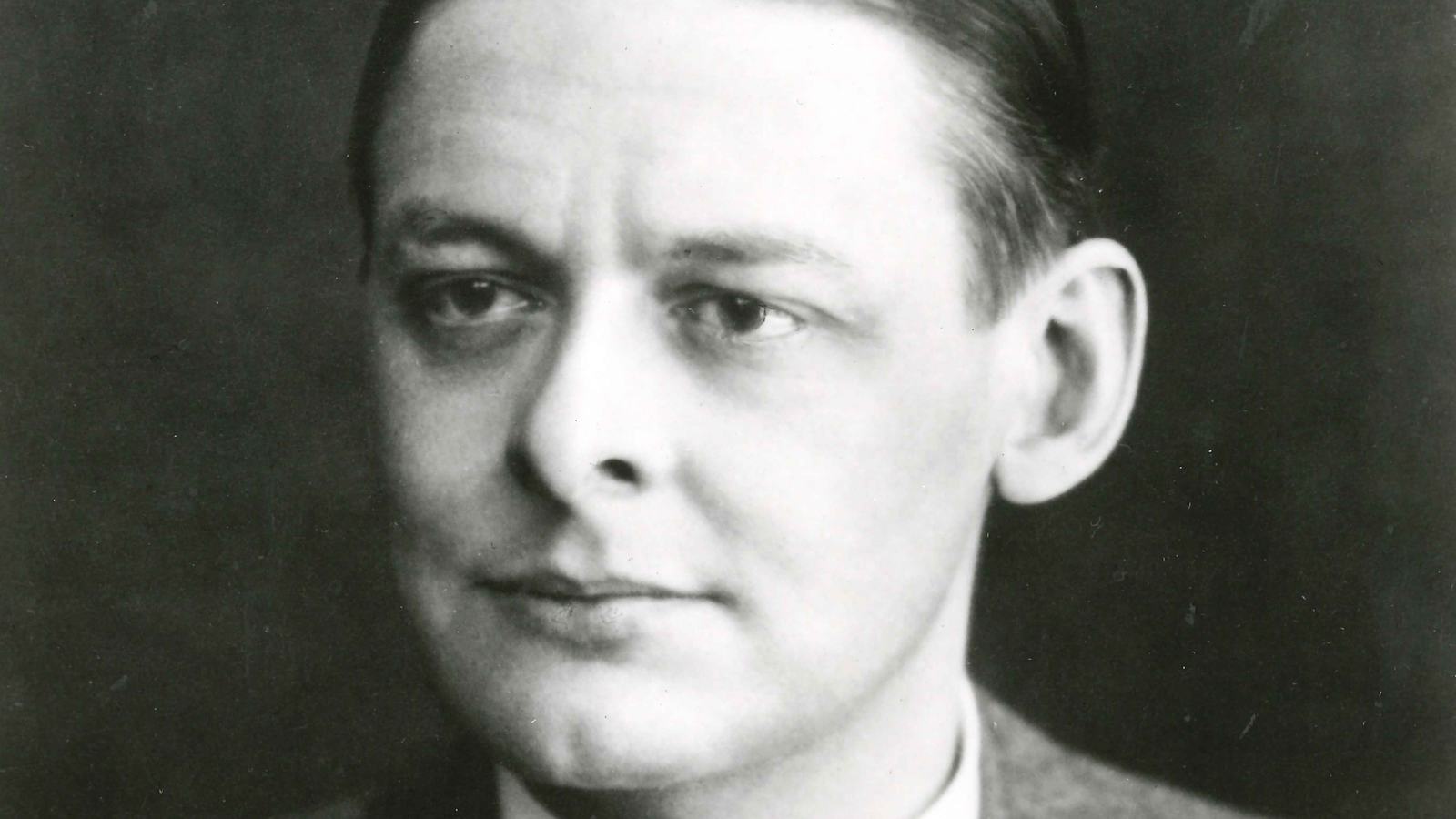
This year sees the 27th T. S. Eliot Prize being awarded, and the roster of past winners includes some very well-known poets alongside some lesser known authors that demand further attention.
To refresh the memory of prizes past, the T. S. Eliot Prize website contains a trove of information on the Prize shortlists from 2016, 2017 and 2018. Our YouTube channel also contains many curated playlists, including audio and video from previous prize shortlists, as well as the audio from the much-loved Shortlist Readings from Southbank Centre’s Royal Festival Hall.
If that’s not enough, in 2013 the Poetry Book Society took 36 poets on the road, visiting ten venues up and down the country. This short film chronicles the Tour, with an emphasis on events at Glasgow’s Mitchell Library, Square Chapel for the Arts in Halifax and Sheffield’s Off the Shelf Festival.
Among the better-known past winners, Sean O’Brien’s career has seen him win every major poetry prize in the UK, having been shortlisted five times for the T. S. Eliot Prize: in 2001 for Downriver, in 2007 for The Drowned Book (which won the Prize that year), in 2011 for November, in 2015 for The Beautiful Librarians and again this year with Europa (all Picador Poetry). Simon Armitage has been shortlisted no less than four times, alongside Pascale Petit and David Harsent, who won the Prize in 2014 with Fire Songs (Faber & Faber).
Many poets have been shortlisted twice or more, including Fiona Sampson (twice), Ruth Padel (three times), Paul Farley (four times, including this year’s shortlisting), Kathleen Jamie (twice), Carol Ann Duffy (twice, winning with Rapture (Picador) in 2005), Jacob Polley (three times, winning with Jackself (Picador) in 2016), Mark Doty (three times, winning in the Prize’s third year with My Alexandria (Cape Poetry), Jen Hadfield (shortlisted twice, winning with her debut Nigh-no-place (Bloodaxe Books) in 2008), Anne Carson (twice), Sharon Olds (twice, winning in 2013 with Stag’s Leap (Cape), Seamus Heaney (three times, winning with District and Circle (Faber) in 2006), Robin Robertson (three times), Selima Hill (twice, in 2001 and 2015), Michael Longley (three times, winning in 2000 with The Weather in Japan (Cape), and John Burnside, this year’s Chair of Judges, who has been shortlisted three times and won the Prize in 2011 with Black Cat Bone (Cape). Don Paterson, who has been shortlisted three times, remains the only poet to have won the Prize twice, in 1997 with God’s Gift to Women and again in 2003 with Landing Light (both Faber).
In the last ten years, the Prize has been won four times by debut collections – Jen Hadfield in 2008 with Nigh-No-Place, Sarah Howe (one of this year’s Judges) with Loop of Jade (Chatto & Windus) in 2015, Ocean Vuong in 2016 with Night Sky with Exit Wounds (Cape) and Hannah Sullivan’s Three Poems (Faber & Faber) last year. Many debut collections have been shortlisted down the years, notably Jacob Polley’s The Brink in 2003, Kathryn Gray’s The Never Never in 2004, Helen Farish’s Intimates in 2005, Frances Leviston’s Public Dream in 2008, Sam Willetts’ New Light for the Old Dark in 2010, Helen Mort’s Division Street in 2013 and Fiona Benson’s Bright Travellers in 2014. This year’s Prize Shortlist contains two debutants – Jay Bernard and Ilya Kaminsky (with his first collection published in the UK), alongside established T. S. Eliot Prize shortlistees such as Sharon Olds, Deryn Rees-Jones and Paul Farley.
A total of seven publishers have won the T. S. Eliot Prize: poets from Faber & Faber have won ten times, Cape Poetry six, Bloodaxe Books and Picador Poetry three times each, Carcanet Press twice and Chatto & Windus and The Gallery Press once each.
